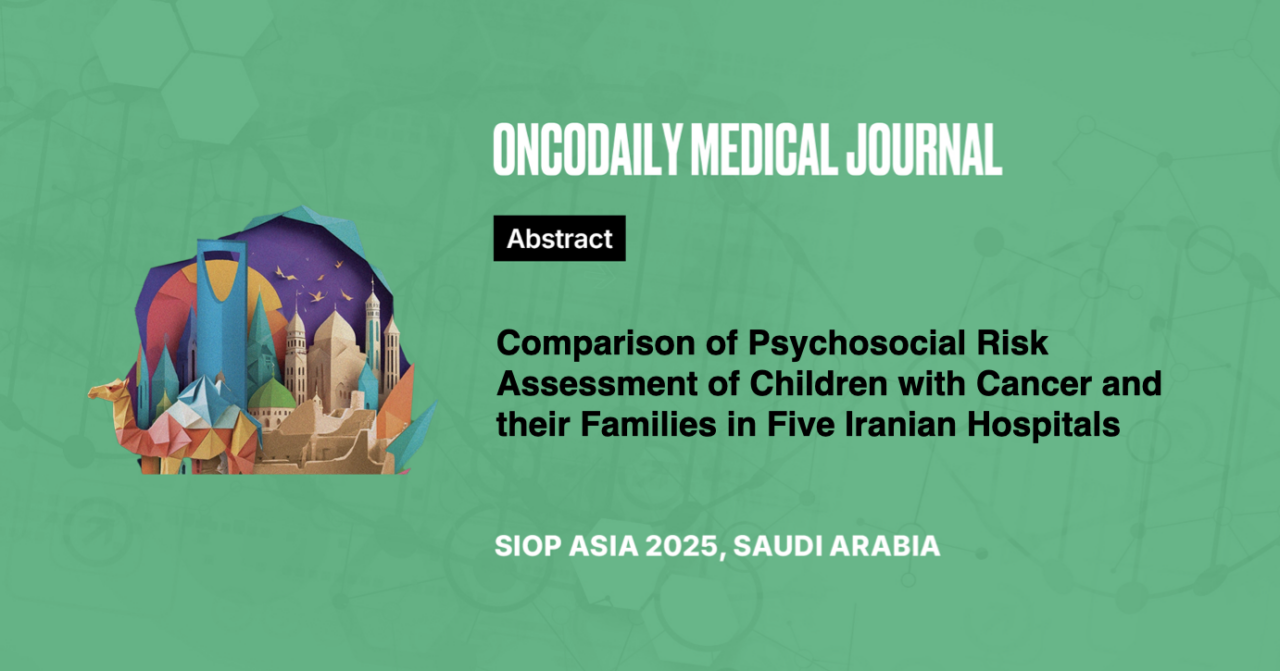Comparison of Psychosocial Risk Assessment of Children with Cancer and their Families in Five Iranian Hospitals
Abstract
Introduction: Childhood cancer is a challenging disease that hugely impacts the child’s family too. Meanwhile, access to medical and welfare resources may play a crucial role in treatment of children with cancer (CWC). Therefore, assessing psychosocial risks related to the child and the family such as, family resources, social support, stress reaction, and family beliefs is the first step to plan psychosocial interventions.
Methodology: This study aimed to compare the psychosocial risks among CWC and their families in five hospitals across Tehran, Kerman, and Khuzestan provinces of Iran. Totally, 622 parents of affected children were invited to complete the standardized, Persian version of Psychosocial Assessment Tool (PAT) questionnaire.
Results: The findings indicate that the CWC and their families were at different levels of psychosocial risks significantly based on the hospital (p= 0.003) and province of residence (p= 0.008). However, no significant difference was observed based on gender (p= 0.355) and type of cancer (p= 0.087).
Conclusion: Conducting a comprehensive psychosocial screening is of great importance to design an effective treatment plan. In addition, the result implies the significance of personalization of treatment as patients looked meaningfully varied considering their living and treatment conditions.





